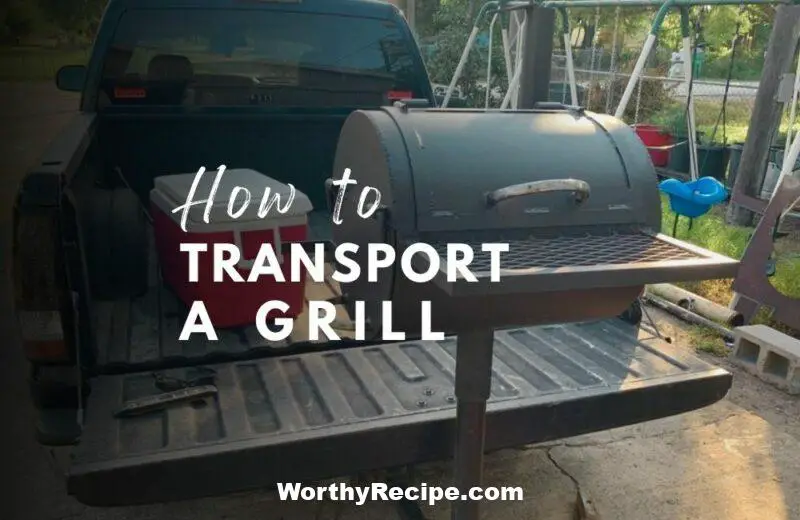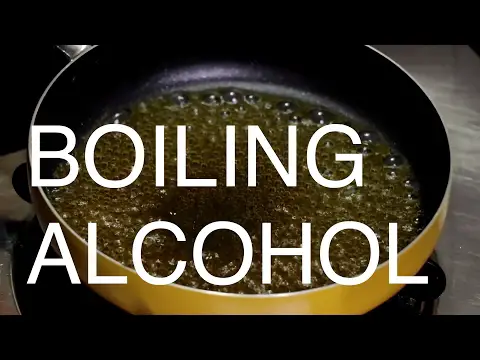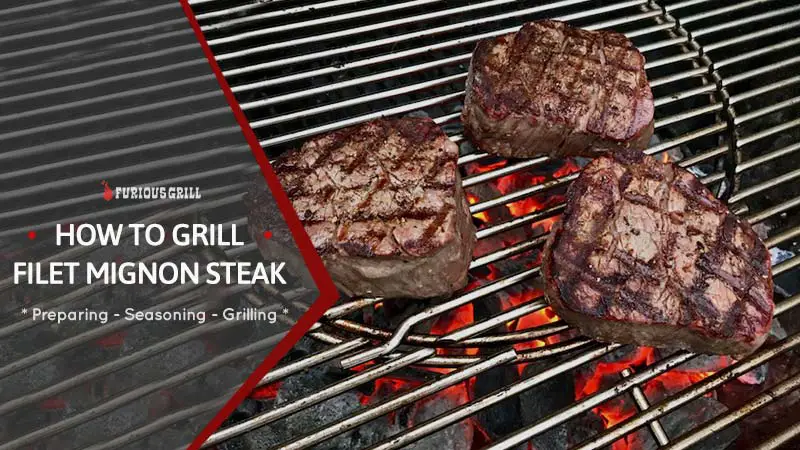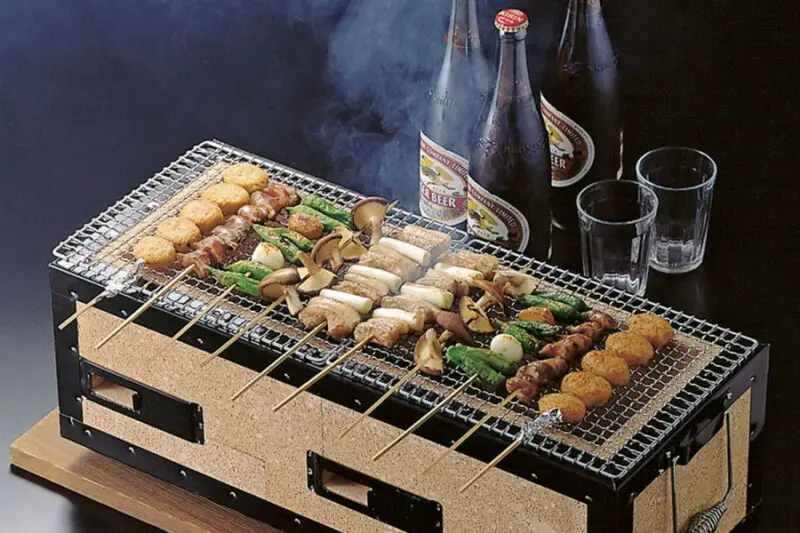Can a Grill Be Transported Lying Down?
Grilling outdoors is synonymous with summer, whether you’re cooking up hamburgers and hotdogs or roasting BBQ chicken. However, if you need to transport your grill to a camping trip or cookout, you may be tempted to lay it down to fit in your vehicle. But can a grill be transported lying down?
In this article, we’ll explore the different risks and damages that may occur from transporting your grill lying down versus standing up. We’ll also go over proper transportation methods and options for different types of grills.
Understanding Your Grill
Before discussing the best ways to transport your grill, it’s essential to understand its build and components. Grills come in different types, including charcoal, gas, and electric. They are typically made from high-grade stainless steel, cast-iron, aluminum, or porcelain-coated steel.
In addition to the frame, grates, and burners within the grill body, several other essential components you need to know include the gas lines and connections and grease management systems.
Risks of Transporting Grills Lying Down
Several risks may arise when you transport your grill lying down:
Damage to the Grill Body and Frame
If you lie your grill down in transit, it exposes different parts of the grill to potential damage. For instance:
- The lid of the grill may get dented or scratched;
- The wheels may break off;
- The frame of the grill may warp; or
- The burners and heat shields may be dislocated making their alignment poor hence affecting efficiency.
The overall functionality of your grill can be impacted if the body and frame are not intact after transportation.
Risk of Damage to Gas Lines and Connections
If you have a gas grill, lying it down during transportation may cause damage to its gas lines and connections. You could accidentally kink or bend the supply hose, damaging the connector(s) that attach it to cylinders or tanks.
Any damage to gas lines is hazardous because it increases the risk of leaks, which can lead to fires or explosions.
Effect on Grease Management System
All grills come equipped with grease management systems that collect drippings from cooking food, preventing flare-ups and clogging. These systems are typically designed to function best when upright.
If you lie your grill down for transportation, grease may leak out and damage other parts of the grill (or your vehicle). Additionally, some grease collection channels may require gravity to work effectively.
Potential for Scratches and Dents on Exterior
In transit, your grill may get jostled around due to bumps and turns on the road. If you lay it down on its side or back, it is more prone to scratches and dents that can affect its exterior appearance.
Proper Transportation Methods for Grills
To avoid damages and risks associated with laying your grill down for handling:
- Ensure all removable parts (i.e., knobs, grates) inside the grill are secured;
- Minimize movements during transportation;
- Use proper straps and tie-downs to secure your grill in an upright position.
Transportation Options for Different Types of Grills
Charcoal Grill Transportation Options:
- Place charcoal in zip-lock bags;
- Wrap damp paper towels around grates.
Gas Grill Transportation Options:
- Detach the propane tank and store it separately in a secure position;
- Gently tie the hose to the underside of the grill.
Maintenance After Transporting Your Grill
After transporting your grill, do a thorough inspection for any potential damages to parts, such as the lid, wheels, or frame. Check for gas line damage and ensure your grease management system is functioning correctly to prevent buildup or blockages. Cleaning your grill after transportation is also essential to prevent rust and grease accumulation from damaging your grill.
Conclusion: Proper Transportation Is Key to Long-Term Use.
If you want to ensure that your grill stays functional when transporting it to outdoor events, understanding proper transportation methods is critical. Laying your grill down may cause severe damage that inhibits its practicality or affects cooking results. By following the tips outlined in this article, you can maintain your grill’s longevity and continue enjoying those delicious outdoor summer meals all season long.
1. Can I transport a grill lying down?
Yes, it is possible to transport a grill lying down, but it’s important to be cautious and take proper safety measures. Securely fastening the grill in place, such as using a bungee cord or tie-down straps, can prevent any movement or damage during transportation.
2. Will transporting my grill lying down cause any damage?
Lying a grill down can potentially cause damage if not done correctly. However, if the proper precautions are taken and the grill is safely secured in place, there should be no issue with transporting it on its side.
3. What are some tips for transporting a grill lying down?
Some helpful tips include draining any fuel or propane tanks before transportation, removing grates and accessories and securing them separately, and placing the cover securely over the grill to prevent any debris from entering.
4. Is it better to transport my grill upright or lying down?
Transporting your grill in an upright position is generally recommended to prevent any potential damage or leaks. However, if you must transport your grill horizontally, proper measures should be taken to ensure the safe and secure transportation of your equipment.







